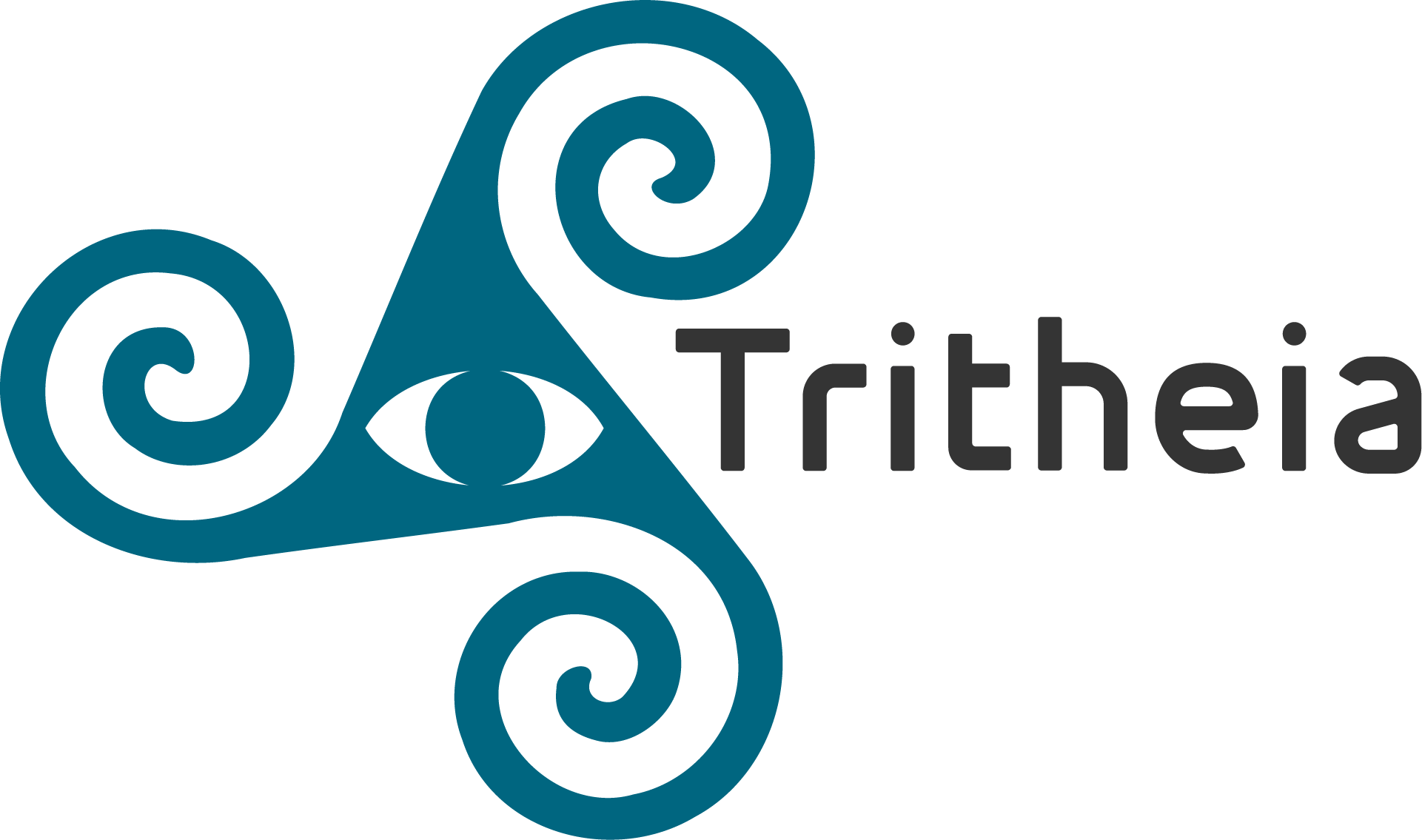Children usually do not know that what they see is different from normal, assuming that everyone sees the same way they do. As a result, they don't tell their parents they can't see or have symptoms such as blurry vision. Normally, it is other people, mainly parents and teachers, who are able to identify that a student is having difficulty.
What are some of the visual symptoms that parents and teachers should look out for?
We recommend that all children are taken for a developmental eye exam before entering into first grade. This is the ideal way to detect any vision deficits that your child may have that can impact their ability to read and learn in the classroom. However there are many symptoms that a parent or teacher may notice that can help identify the need for an immediate evaluation by a developmental optometrist.
You can find the full vision symptom quiz on our website
A few key symptoms to look out for include:
- Do you avoid reading or work that requires material to be up close?
- Do you skip or repeat lines?
- Do you tilt your head or close an eye when reading?
- Do you have difficulty with reading comprehension?
- Do you write on an upward or downward slant?
- Do you bump into things and knock them over?
School Vision Screenings
A vision screening at school can help identify difficulties. There is usually a distance screening in classrooms. A student would be presented with an eye chart at 20 feet and should be able to see at least 20/40 or better. If not, they are advised to see an eye care practitioner for an examination and glasses. While school screenings are a great first step, they are very limited in what they are looking for. For example the American Optometric Association says that school screenings miss 75% of vision problems.
At Amplify EyeCare, we are proud to provide complimentary school screenings to our community. If you are interested in having us come to your school please reach out to our office.
There have been nationwide and local efforts to modify the screenings to pay more attention to near vision because some patients may be able to see well far away, but have trouble reading, which can be a result of a refractive condition such as being far sighted. We provide developmental school vision screenings, which test not only near and far vision but also look at many of the aspects of vision that are related to childhood development such as eye teaming and eye tracking. As a student can have multiple problems with their vision, we believe that developmental vision screenings at school are crucial for students to optimize their learning potential.
What is the downside of vision screenings at schools?
Parents who rely on in-school screenings may overlook proper eye examinations, believing that passing this simple test means their child has perfect vision. As a result, issues may not be detected and treated, leading to further problems before any action can be taken. These problems can negatively affect their ability to learn over time if they continue and get worse. Even if your child has passed their school vision screening, we recommend that all children are taken for a developmental eye exam before they enter first grade.










